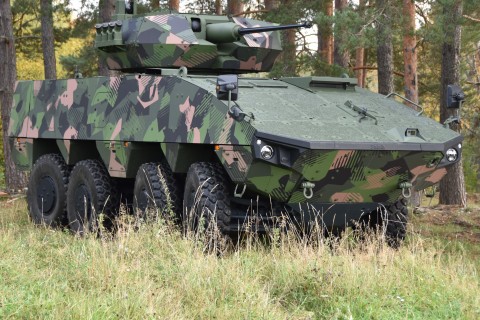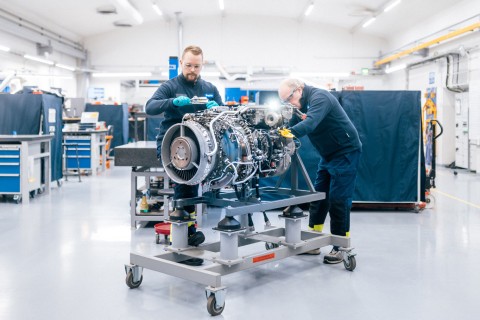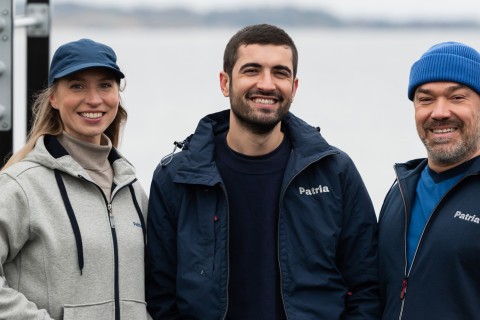

Ownership is an undertaking best approached with a certain set of skills
7.12.2015
The principle instruments available to the owner are the preparation of ownership strategy, the development of practices associated with good governance and the analysis of business economics and corporate social responsibility. With the appropriate planning, organisation, resourcing and implementation measures, these instruments will bring improved opportunities for the development of companies and the long-term development of value for company owners. A wealth of research now exists on the qualities of a good owner A good owner is characterised by an active and meticulous approach and an ability to shoulder responsibility, even at the worst of the times.
Representing the state of the art at international level
Not only Europe, but also other markets vital to Finland are faced with substantial challenges today. Finland is undergoing a massive structural change that is affecting our basic industry in particular, in addition to which digitalisation is introducing major pressure for change, particularly in the service sector. The emphasis given to the role of the state is typical of such difficult situations. A review of Patria’s ownership structure indicates that industrial partnership has proven to be an excellent approach to doing business on the international market. In the view of the state, it is important that Patria finds a new industrial partner to become a minority shareholder that will further strengthen the development of Patria’s business. Although not one of the biggest players in the defence business, Patria can take pride in having a number of excellent spearhead, world-class products. Export markets are invaluable to a country such as Finland, which lacks capital. They are also invaluable to Patria. We can only maintain our position at the top and spend on product development if we have steady revenue from the international market. Continuous product development and the breakthrough of digitalisation in everything we do require unceasing efforts in product and service development.
The strategic significance of ownership
The state makes use of a large number of concepts that define the extent of state ownership of companies. When state ownership is at a minimum, it has only an investor interest in a company. Such companies are commercial enterprises and the state has only a financial interest in their ownership. There are no obstacles to the state with drawing from them. The government’s interest in Patria is strategic in nature, being related to the defence of Finland. Companies falling into the category of being of strategic interest include those that operate on economic grounds, as well as enterprises with a special mission. With regard to commercial companies, the strategic interest may represent only a few per cent of the value of the company’s business. A company with a special mission is charged with the performance of a special task on behalf of the government. In companies in which the state has a strategic interest, ownership cannot be outsourced, as it is an undertaking best approached with a certain set of skills. The owner is obliged to generate added value and must be highly regarded by the companies in question. Ownership is associated with a long-term approach and the ability to shoulder responsibility, even at the worst of the times. Ownership is often associated with principles, values and ways of thinking, all of which make it unique. The composition of the Board is one of the tools available to owners exercising their ownership. The owner is obliged to ensure that the Board includes a mix of versatile skills and expertise that supports the creation of value for the company’s owners and executive management. These requirements were taken into account when appointing the current Patria Board Members.
What did you like about the article?
Thank you for your opinion! You can share the article on social media using the buttons below:























